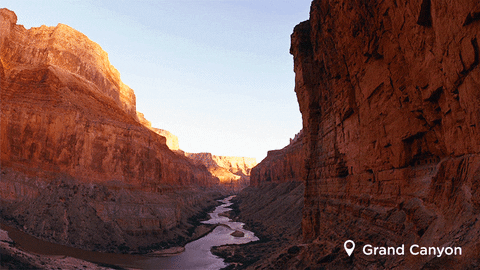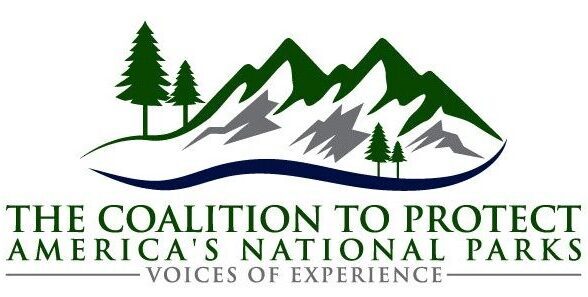This week, President Biden used his authority under the Antiquities Act to designate the Camp Hale-Continental Divide National Monument. This new monument will protect the stories and experiences of the U.S. Army’s famed 10th Mountain Division, who trained at Camp Hale and distinguished themselves in combat during World War II. It will also help to protect the beautiful landscapes and wildlife habitat of the Tenmile Range and a 29-mile section of the Continental Divide National Scenic Trail.

But what exactly is the Antiquities Act? And how can it help protect stories and landscapes? Let’s take a closer look.

The Antiquities Act is a powerful and bipartisan tool for preserving our irreplaceable resources for future generations. It authorizes the President of the United States to proclaim national monuments on federal lands that contain historic landmarks, historic and prehistoric structures, or other objects of historic or scientific interest.

Use of the Antiquities Act can help to save public lands that are at risk. It allows a President to take prompt action to protect resources that may be vulnerable.

And designating a resource as a national monument not only preserves an irreplaceable landscape or structure, it also can provide recreational and economic benefits.

Currently, there are more than 80 national monuments within the National Park System, although the National Park Service manages over 100 parks that got their start thanks to the Antiquities Act. According to a report by the Congressional Research Service, approximately half of the current national parks were first designated as national monuments.

18 of the 22 Presidents have exercised their authority under the Antiquities Act since its passage in 1906. They have created 158 national monuments, including current national parks such as Grand Teton, Zion, Olympic, Statue of Liberty, and the Grand Canyon.

This Act has helped to protect landscapes that tell the story of the American experience, through their physical features or their histories. And often, it has bestowed initial protections on a site and paved the way for additional protections or modifications down the road.

The Antiquities Act has played a pivotal role in our country’s history, and in the history of the National Park Service; but there are still many precious landscapes and resources in need of protection.

We thank President Biden for designating the Camp Hale-Continental Divide National Monument, and we urge him to use the Antiquities Act to designate spaces like Castner Range, Avi Kwa Ame, the 1908 Springfield Race Riot site, and other public lands across the United States, as national monuments, for the enjoyment of Americans today and for the benefit of future generations.
 |  |
